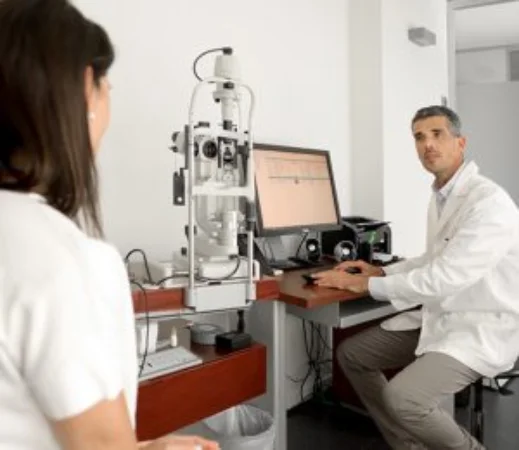Facial paralysis is a temporary or permanent dysfunction of the facial nerve that affects about 20 out of every 100,000 inhabitants in Spain each year. The facial nerve is responsible for innervating the facial muscles, so when it becomes paralyzed, muscle tone in the face is lost, causing a paralyzed face.
This dysfunction manifests both aesthetically and functionally, and it has a huge impact on the patient’s life.
Causes of facial paralysis
There are several types of facial paralysis, with Bell’s palsy, or idiopathic paralysis, being the most common, since its cause is unknown and it accounts for 50% of all cases. It is typically unilateral, and in most cases resolves spontaneously within six months.
Several causal agents have been proposed as responsible for this condition, including the herpes virus, although this has not been proven.
What has been proven, however, is that early treatment of these paralyses with oral corticosteroids increases the likelihood of complete recovery.
Other conditions that can lead to facial paralysis include certain infectious, tumoral, or neurological diseases. In such cases, it is essential to treat the underlying cause.


